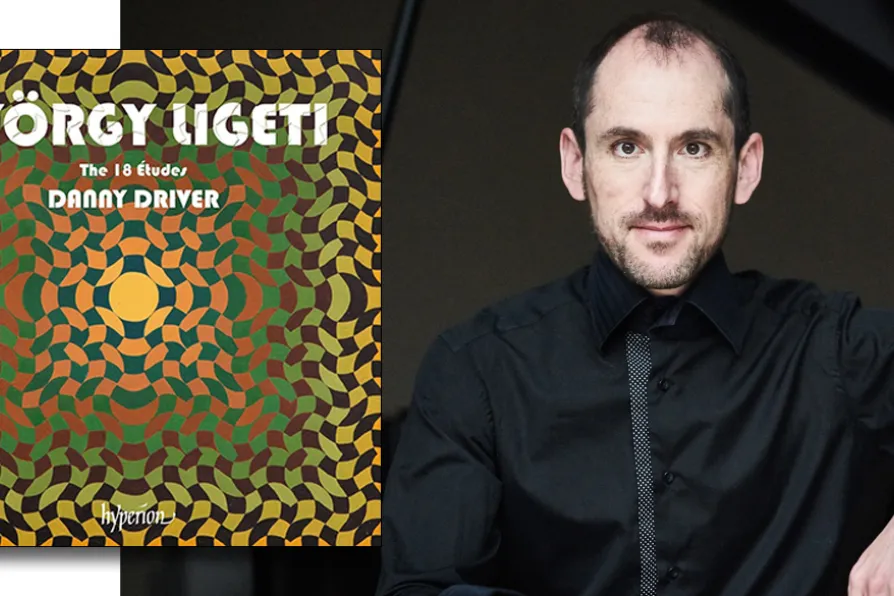DENNIS BROE searches the literary canon to explore why a duplicitous, lying, cheating, conning US businessman is accepted as Scammer-in-Chief

 STEELY DETERMINATION: Danny Driver
[dannydriver.com]
STEELY DETERMINATION: Danny Driver
[dannydriver.com]
COMPOSED between 1985 and 2001, the late Hungarian-Transylvanian composer Gyorgy Ligeti’s 18 Etudes for solo piano require fast fingers and formidable brain power. It’s music that tests both player and instrument to the limit.
The work consists of 18 pieces arranged into three books, the last incomplete. Influences range from Chopin, Debussy, Rachmaninov and modern jazz to African and Cuban music.
With their exhilarating brilliance and, at times, mesmerising beauty, the etudes capture the imagination intellectually and spiritually and they are well served by Danny Driver, one of this country's leading contemporary pianists, who displays a steely determination throughout.

WILL STONE witnesses an experimental piano concerto inspired by the work of a young Jewish victim of the Nazis

As part of the 2025 London Jazz Festival Rich Mix offered intriguing sessions titled 'Persian Jazz,' CHRIS SEARLE was there

This is a concert of ambition and courage by organist and improviser Wayne Marshall, says SIMON DUFF

SIMON DUFF recommends a new album from renowned composer and oud player Anour Brahem.









